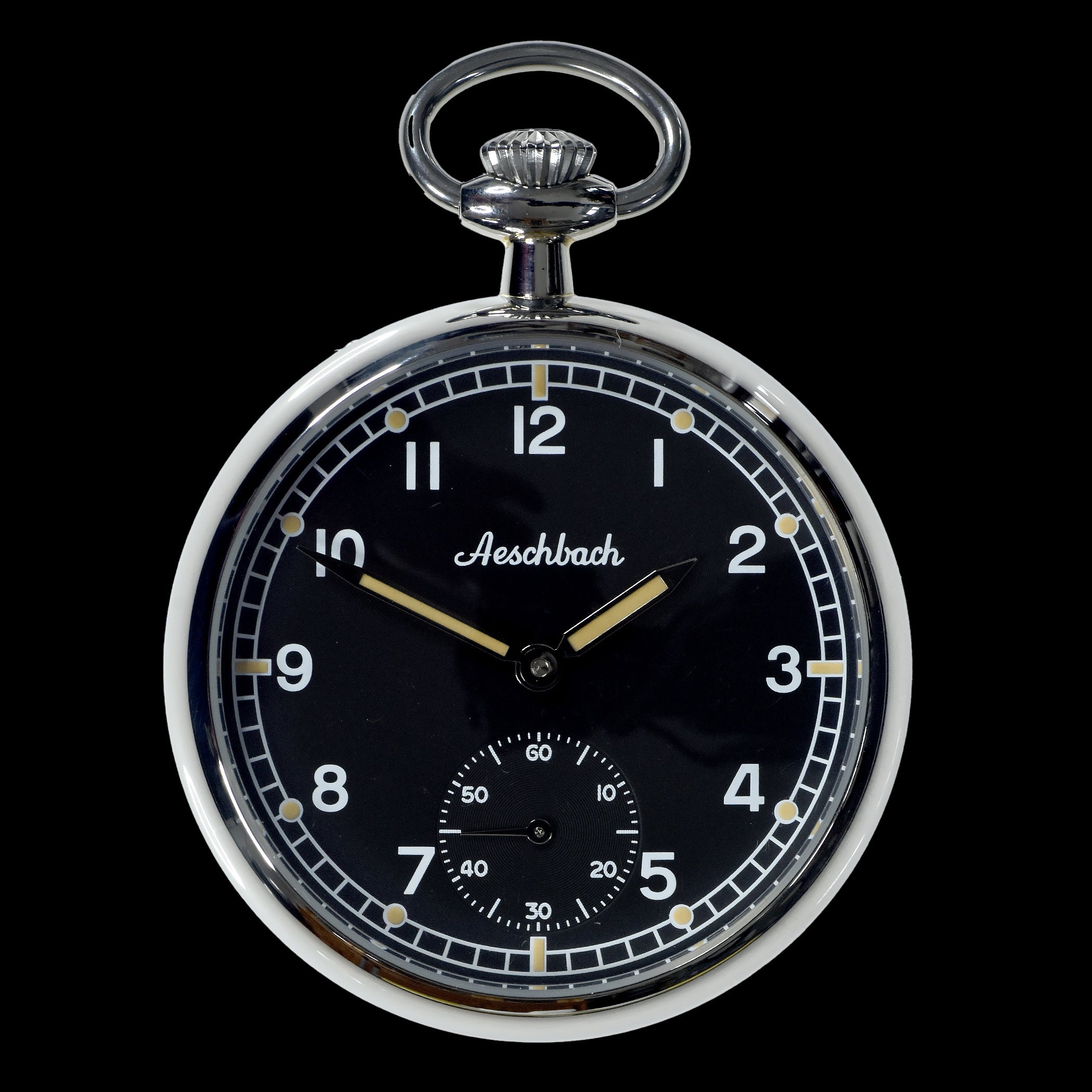
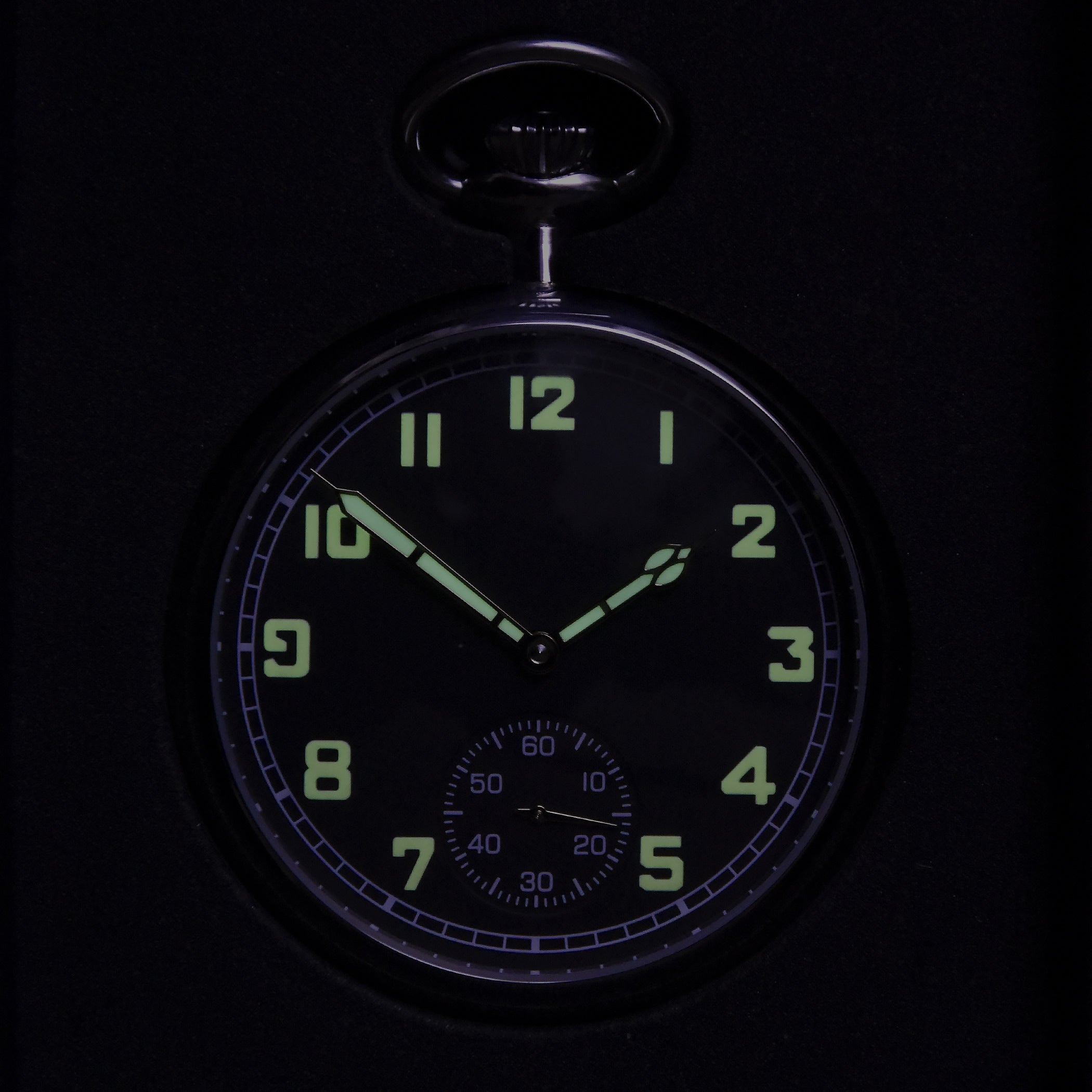
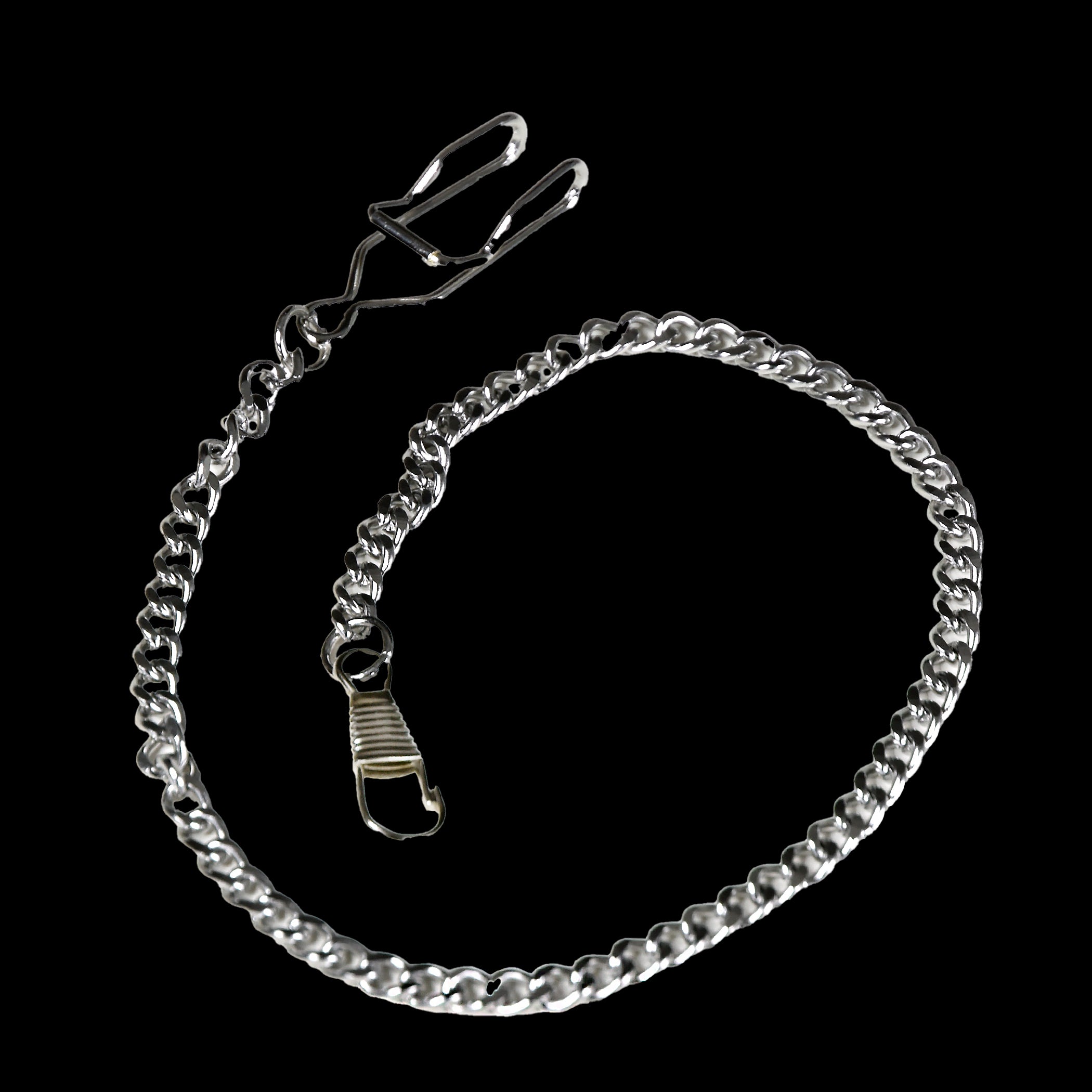
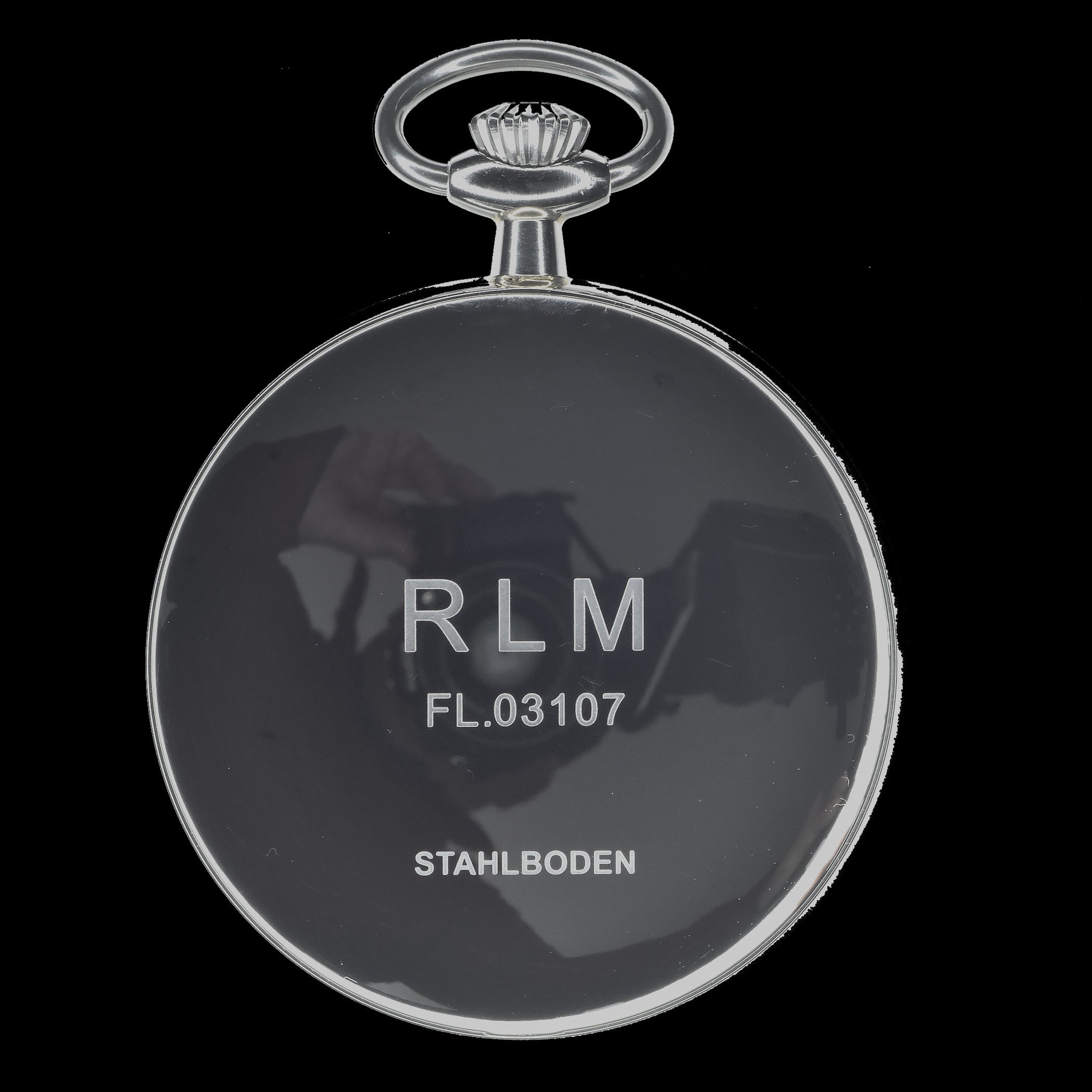
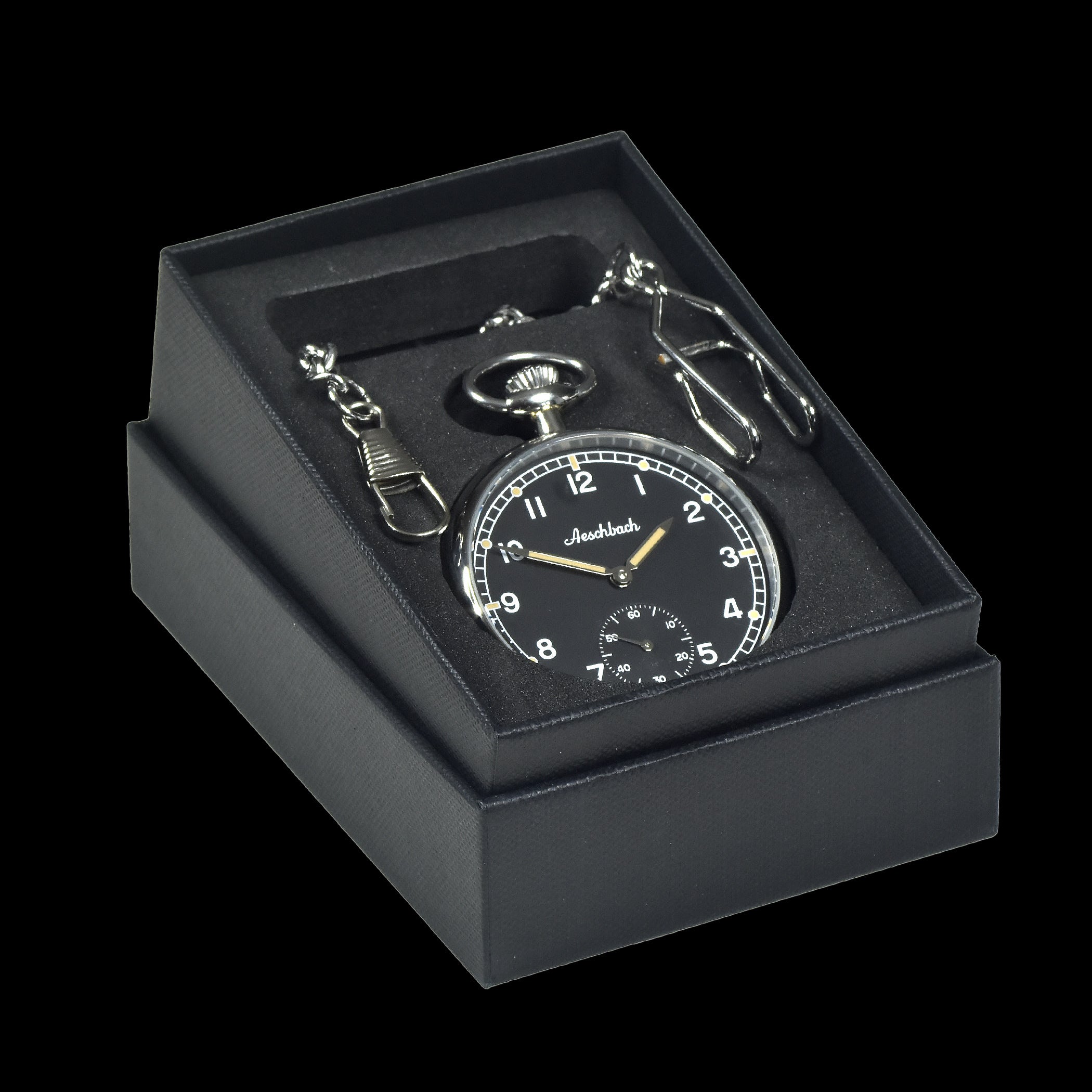
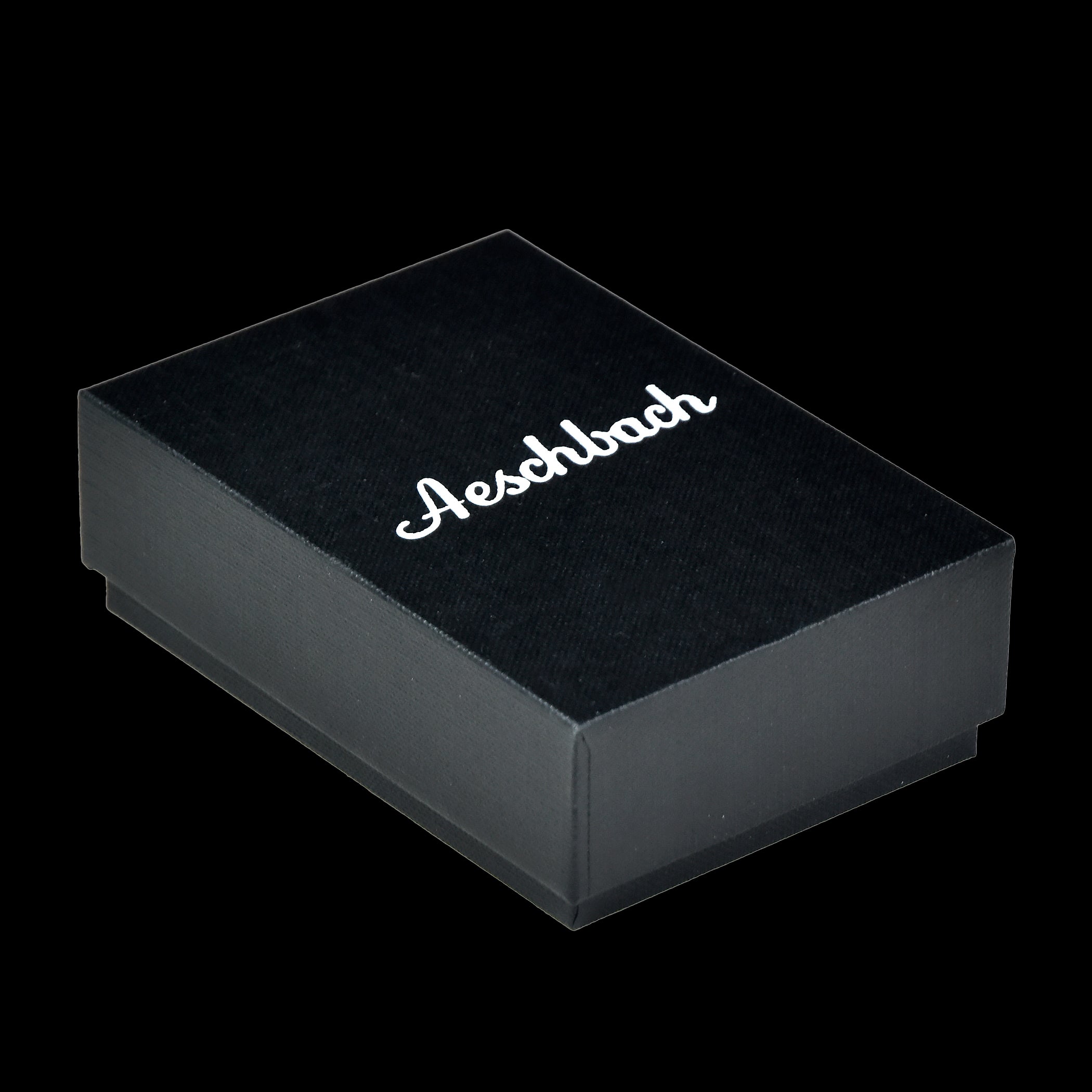
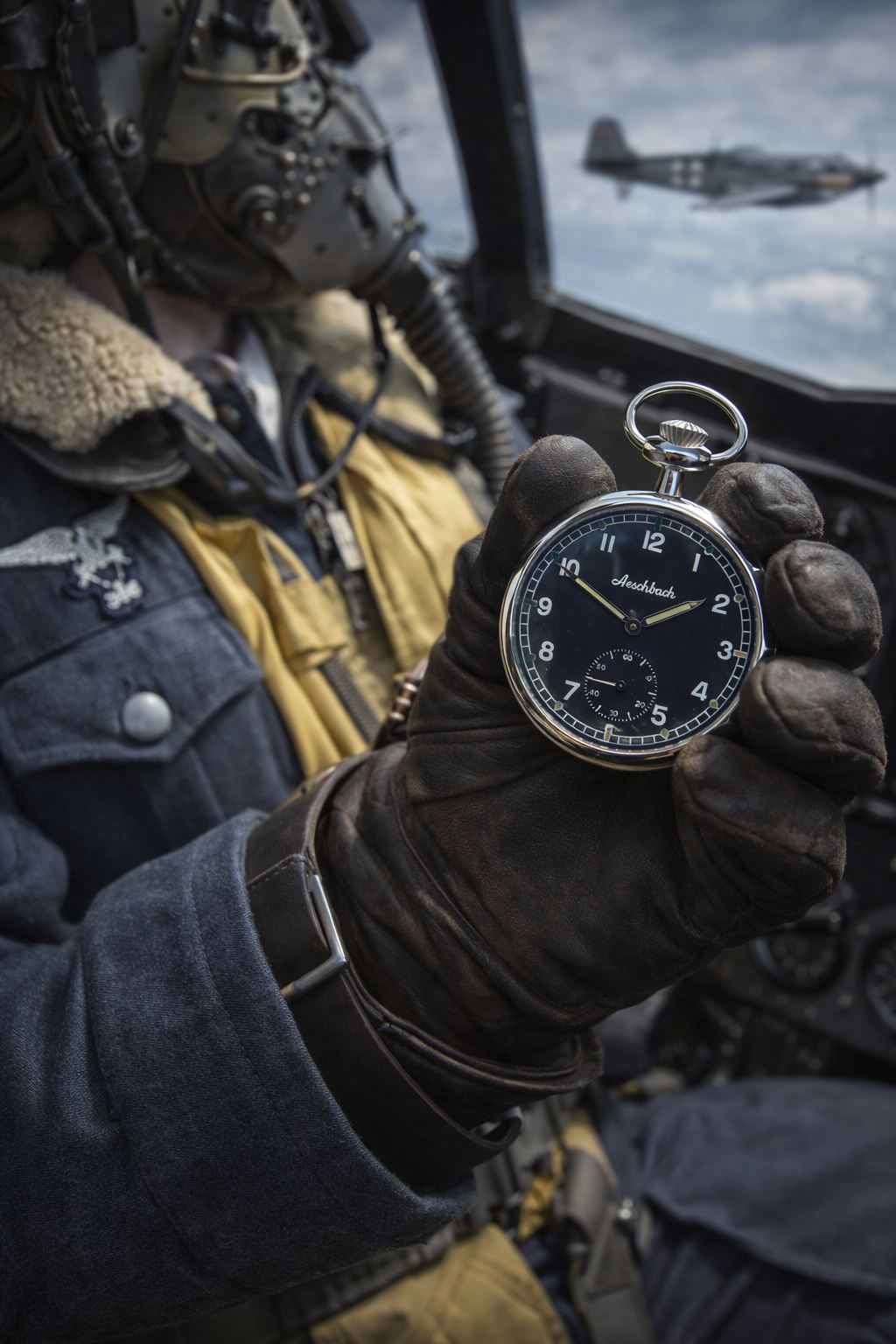
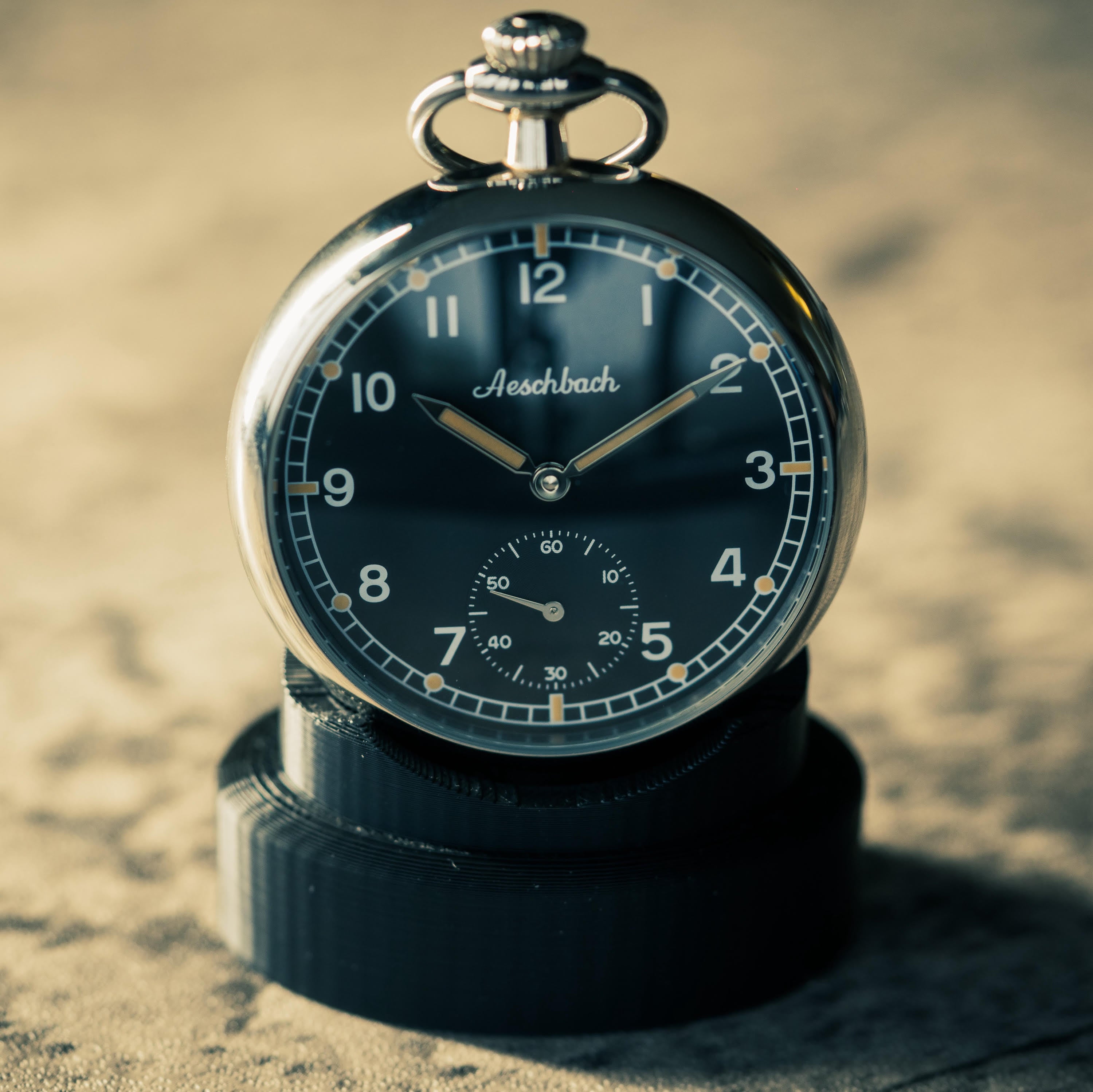
Aeschbach WW2 Pattern German Airforce (Luftwaffe) 17 Jewel Hand Wound Military Pocket Watch
Description
Aeschbach WWII-Pattern Military Pocket Watch
SKU: ABACH/RLMPW
Military pocket watches — and their civilian counterparts — are enjoying a strong resurgence in popularity. Historically, these timepieces were widely used across land, air, and naval operations. During the Second World War, both Axis and Allied forces relied heavily on pocket watches, including the German Wehrmacht, Kriegsmarine, and Luftwaffe, as well as British and American units.
At the time, wristwatches were typically small and difficult to read, averaging just 32mm in diameter. Pocket watches, by contrast, were significantly larger — often close to 50mm — offering far superior legibility, particularly in demanding operational environments.
Historical Background
This classic World War II–pattern Aeschbach military pocket watch, featuring a subsidiary seconds dial, is based on designs originally issued to Luftwaffe aircrews under the authority of the Reichsluftfahrtministerium (RLM – German Air Ministry).
During the war, pilots did not personally own these watches. Instead, they were issued on a mission-by-mission basis and returned to the quartermaster after each flight. The watch offered here closely mirrors one of Aeschbach’s original wartime designs. While genuine WWII examples are now scarce and command high prices, this modern production version is visually almost indistinguishable from those manufactured during the 1940s.
The watch is fitted with a traditional 17-jewel hand-wound mechanical movement and updated with a domed glass crystal, offering far greater durability than the easily scratched acrylic crystals commonly used during the wartime period.
Original military pocket watches for the Wehrmacht, Kriegsmarine, and Luftwaffe were produced by numerous Swiss and German manufacturers — including Aeschbach, a company founded in 1923 and still active today.
Specifications
- Diameter: 47.5mm
- Length (including crown): 58mm
- Thickness: 14mm
- Crystal Diameter: 40mm
- Crystal Type: Domed glass
- Movement: Cal. 9011-PI, hand-wound
- Jewels: 17
- Beat Rate: 18,000 A/h
- Case Material: Stainless steel
- Caseback: Stainless steel
- Luminosity: Luminova
- Included: Supplied complete with chain
- Packaging: Original presentation box
- Guarantee: 2-year factory guarantee
Aeschbach Watches – A Brief History
Aeschbach was a prominent manufacturer of military timepieces during World War II. Tragically, the company suffered catastrophic losses due to its location in Pforzheim, a town that was heavily bombed during the final stages of the war.
On 23 February 1945, the Royal Air Force carried out its most devastating raid on the town, resulting in approximately 17,600 fatalities — around 31% of the population — and the destruction of roughly 83% of all buildings. Aeschbach’s workshops were completely destroyed, bringing production to a halt.
Years later, the company experienced an unexpected revival when a family member discovered a cache of original technical drawings and surviving watches among an elderly relative’s possessions. This remarkable find provided the foundation for the modern rebirth of Aeschbach Watches.
MWC is a factory-authorised distributor for Aeschbach watches.
Winding Instructions & Usage Guidelines
To fully wind the watch from a stopped state, approximately 30 turns of the crown are required — fewer than the 40 or more turns needed by many other hand-wound watches. Once fully wound, the watch provides an average power reserve of around 36 hours.
For daily use, most owners find that fewer turns (typically around 25) are sufficient, as the watch is rarely allowed to run down completely. Over time, users naturally develop a feel for their preferred winding routine.
Important:
Please take care not to overwind the watch. Manual-wind movements can be damaged if wound beyond their designed limit, potentially affecting the mainspring and other internal components. Sensible winding ensures long-term reliability and optimal performance.
Europe, UK, and Rest of World
Tracked Mail:
- Europe: €11.75 / £9.99 / US$12.95
- UK: £7.95 / €9.50 / US$10.50
- Rest of World: US$22.75 / €20.50 / £17.50
Express Courier (UPS or FedEx):
- Europe: €23.50 / £19.99 / US$25.95
- UK (UPS/DPD): £12.95 / €15.25 / US$16.95
- Rest of World: US$45.50 / €41.25 / £34.95
Note: The exact shipping cost may vary slightly depending on the weight and dimensions, but it will only differ by a small amount and will be shown at checkout. The above rates cover approximately 85% of parcels.
For more details click here
If you are not satisfied with your purchase or it does not meet your requirements, you can return it within 14 days of receipt. The item must be in its original condition and packaging. To return a watch, please notify us using the form at the link below.
Please note that the watch, strap, or other purchased item must be in new and resalable condition. The returns policy will not apply if the item has been worn, the plastic protectors on the dial and/or caseback have been removed, or if there are other signs of usage, such as a worn strap. Essentially, the goods should not have been used beyond what would be expected if you had handled or examined an item in a shop before purchase.
To request a return authorization number, please visit this link.
Read our full returns policy here










Aeschbach WW2 Pattern German Airforce (Luftwaffe) 17 Jewel Hand Wound Military Pocket Watch
